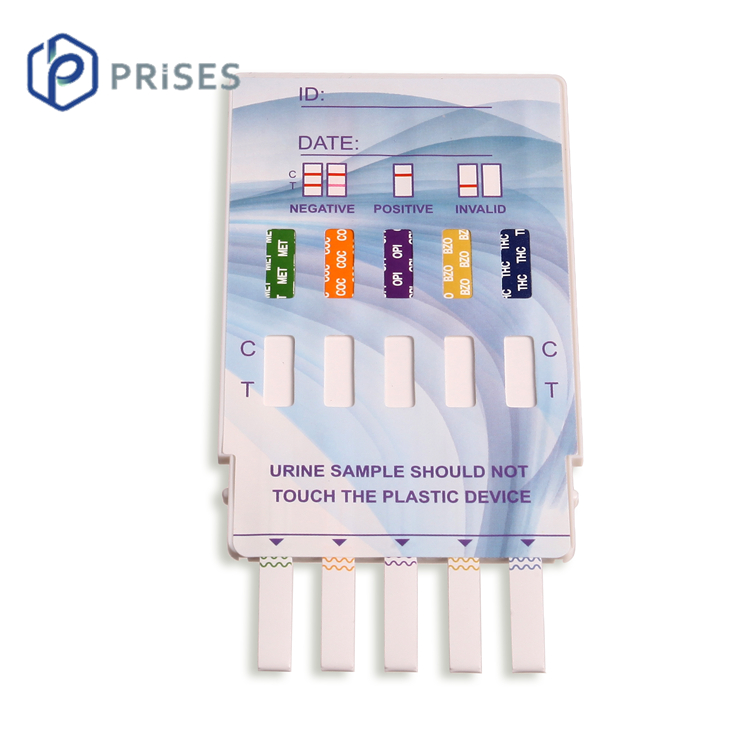dec . 20, 2024 21:10 Back to list
COVID-19 Antigen Rapid Testing for Quick and Accurate Results
Understanding Antigen Rapid Tests for COVID-19
The COVID-19 pandemic has significantly impacted global health and economies, necessitating efficient and reliable testing methods to detect the virus. Among various testing options, antigen rapid tests have emerged as a pivotal tool in the ongoing fight against the spread of COVID-19. This article aims to provide a comprehensive overview of antigen rapid tests, their mechanisms, benefits, limitations, and role in public health management.
What Are Antigen Rapid Tests?
Antigen rapid tests are diagnostic tests that detect specific proteins called antigens from the SARS-CoV-2 virus, which causes COVID-19. Unlike molecular tests like PCR, which analyze viral RNA, antigen tests operate on the principle of identifying the presence of viral proteins. Generally conducted using a nasal or throat swab, these tests can provide results within 15-30 minutes, making them faster than traditional PCR tests, which can take hours or even days to return results.
How Do Antigen Rapid Tests Work?
The procedure of conducting an antigen rapid test involves several steps. First, a sample is collected from an individual's nasal cavity or throat. This sample is then mixed with a solution that helps to stabilize the antigens detected in the sample. The mixture is applied to a test strip, where the interaction between the antigen and specific antibodies results in a visible line on the test result window—indicative of a positive result. If the test does not show this line, it is interpreted as negative.
Benefits of Antigen Rapid Tests
One of the primary advantages of antigen rapid tests is their speed. The quick turnaround time allows for immediate decision-making regarding isolation, treatment, and travel, thus reducing the spread of the virus. Additionally, these tests are generally less expensive than PCR tests, making them more accessible, especially in resource-limited settings.
Antigen tests are also user-friendly and can be administered in various locations, including healthcare facilities, schools, and workplaces, thus facilitating widespread testing efforts. Their simplicity makes it possible for trained non-laboratory personnel to perform the tests, enhancing testing capacity.
antigen rapid test covid-19

Limitations of Antigen Rapid Tests
Despite their advantages, antigen rapid tests come with limitations. The most significant constraint is their sensitivity compared to PCR tests. Antigen tests are more likely to return false-negative results, especially in individuals with lower viral loads or in the early stages of infection. This could lead to undetected cases and further transmission of the virus.
Due to these limitations, positive results from antigen tests should ideally be followed up with a confirmatory PCR test, particularly in symptomatic individuals or those with potential exposure to the virus. Public health authorities recommend using antigen tests as part of a broader testing strategy, combining them with other testing modalities and preventive measures like vaccination and mask-wearing.
The Role of Antigen Rapid Tests in Public Health
Antigen rapid tests have become a critical component in the global strategy to control COVID-19. Their ability to provide quick results supports timely public health interventions, such as contact tracing and isolation. They are particularly valuable in high-transmission settings, like schools, workplaces, and large gatherings, where rapid testing can help in early detection of outbreaks.
Moreover, these tests have also played an essential role in enabling safe travel and reopening activities in many regions. By facilitating regular testing in key environments, they provide additional layers of safety for communities while enabling the gradual return to normalcy.
Conclusion
In conclusion, antigen rapid tests are a vital tool in the arsenal against COVID-19. Their speed, affordability, and ease of use make them suitable for widespread application, especially in settings where traditional testing might be cumbersome. Nevertheless, their limitations underscore the necessity of a comprehensive testing strategy that includes confirmatory testing and adherence to public health guidelines. As we continue to navigate the challenges posed by the pandemic, the importance of accessible and efficient testing cannot be overstated in safeguarding public health and ensuring the safety of communities worldwide.
-
Dengue NS1 Rapid Diagnostic Test Kit
NewsMar.07,2025
-
Dengue NS1 Rapid Diagnostic Test Kit
NewsMar.07,2025
-
Dengue NS1 Rapid Diagnostic Test Kit
NewsMar.07,2025
-
Transferrin Rapid Test Cassette Tumor Marker TF Card
NewsMar.07,2025
-
Malaria Pf Pan Rapid Diagnostic Test Kit
NewsMar.07,2025
-
malaria pf / pan ag rapid test
NewsMar.07,2025

